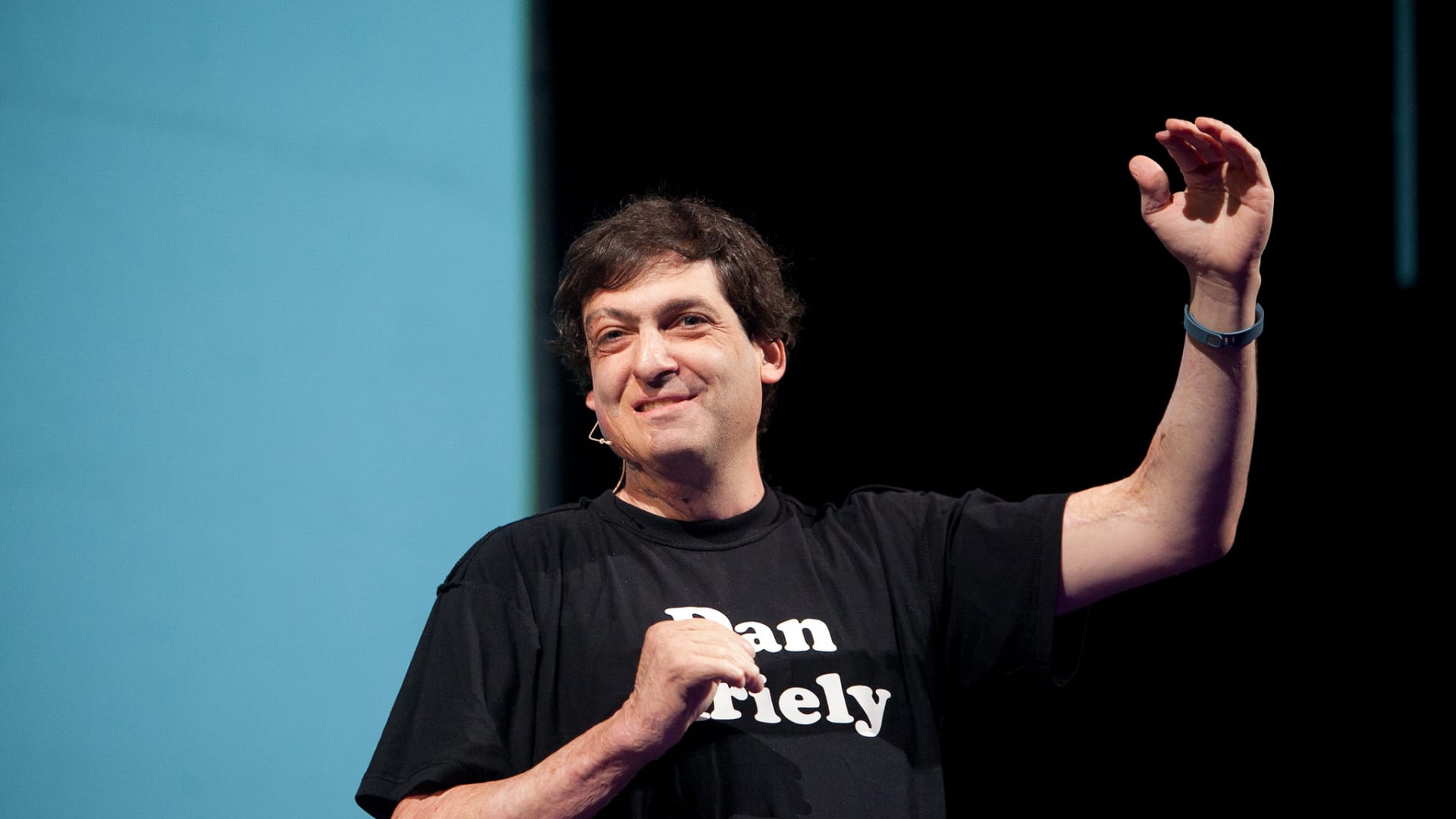Being savvy with money can come with a steep learning curve, even for financial experts. And for recent college graduates, learning how to spend and save can be even more of a challenge.
Dan Ariely, a professor of psychology and behavioral economics at Duke University, knows this firsthand. Despite teaching at a top business school, he still had trouble resisting impulse purchases of gadgets, he says — a lesson he learned the “expensive” way.
Ariely used to fall victim to social media ads showing him the latest technology tools with exciting new features. He’d click the purchase button before considering how much he really wanted the item, he says.
These days, Ariely gives himself a “cooling period” of 48 hours before making online purchases, a strategy which helps him think clearly despite the natural excitement of buying a shiny, new thing.
Learning to be more thoughtful about purchases is just one financial habit Ariely says is important. There are several he has adopted and hopes to instill in his students at the Duke Fuqua School of Business.
“Life is not about spending less, it is about spending better,” he says.
Here are the top four tips that Ariely gives his students to help them become more financially savvy after graduation.
1. The novelty of new stuff wears off fast
It can be tempting to expand your budget as soon as you have a consistent — and higher — paycheck coming in each week. But recent grads would be wise to avoid any spending sprees on new or “trendy” things, Ariely says.
He encourages his students to remember the “hedonic treadmill,” a theory that suggests that people always return to their baseline happiness level, regardless of life events or purchases.
“When you get something new, it is very exciting, but then you get used to it. If you get a new television, sofa, dining table, car and bicycle all in the same week, in a month, you’ll forget all of them. Their hedonic impact on your quality of life will diminish.”
That doesn’t mean you shouldn’t treat yourself when you begin earning consistent money after graduation. The key, he says, is “spacing out” bigger purchases and being thoughtful about what you buy.
2. Think about the future, not just the present
For recent graduates, there can be a temptation to charge lots of purchases, Ariely says. Try to resist. “Be very much worried about getting into debt,” he says. “A young age is an expensive time to get into debt and a really good time to start saving.”
Avoid borrowing money whenever you can, he adds, since that’s one of the three key habits to try to maintain as you enter the professional world. The other two are living below your means and establishing the habit of saving and investing for the future.
“Maximizing your 401(k) deduction is important. It’s tempting not to do it, to say, ‘Well, I’m just starting, I have things to do.’ But it is important to get things going,” he says, “because compound interest works really well when you’re young. You just have to use it.”
3. Reflect on past spending — and past regrets
Financial planning generally involves looking ahead. But you’d be well served to look at past purchases, too, and reflect on the extent to which they brought you joy.
In one of his research studies, Ariely asked consumers to look at their past credit card transactions and identify their purchase regrets. The Millennial Regret Spending Study asked over 1,000 consumers aged 20 to 36 to identify which purchases they regarded as regretful or satisfying. Ariely and his team found that millennials derive greater fulfillment from longer-term purchases than from impulse purchases (70% and 50% fulfillment, respectively).
Similarly, the surveyed adults were 10% more satisfied with recurring purchases than one-off expenses.
“It turns out there were quite a few things that people regretted,” he says.
He advises his students to reflect on their previous purchases and identify areas where they were unwittingly overspending. Weekend purchases were a major source of regret in the study. Going out, for example, often ends up being costly, as transportation and food bills add up.
4. Take pride in your savings
When it comes to saving money, Ariely jokes that the standard approach is to be “miserable.” Like eating healthy and exercising, he says, you can opt to feel defeated by a demanding task. Or you can find joy in doing what is good for you.
Some think you have to just “plow through it and you have to do it. It’s not very easy. It’s hard to do something long-term that is going to be difficult,” Ariely says. But it pays to “find joy” in necessary financial habits like building your savings.
When you begin saving and succeed in building financial comfort for yourself, take a minute to recognize your accomplishments and treat yourself. While Ariely does not advise buying every gadget or accessory that comes across your social media feed, buying yourself an occasional treat you’ll appreciate — whether it be a night out or a new piece of clothing — is important.
He reminds his students, and all recent graduates, to consider both their short- and long-term financial wellbeing when answering one crucial question: “How do we make ourselves feel good?”
DON’T MISS: Want to be smarter and more successful with your money, work & life? Sign up for our new newsletter!
Get CNBC’s free Warren Buffett Guide to Investing, which distills the billionaire’s No. 1 best piece of advice for regular investors, do’s and don’ts, and three key investing principles into a clear and simple guidebook.
